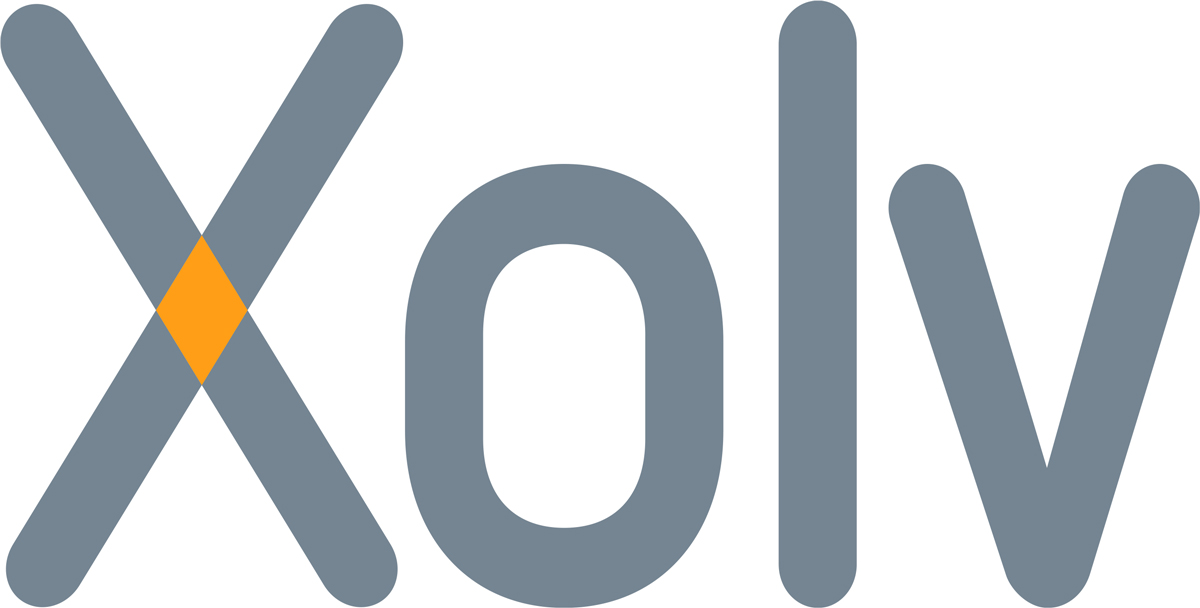Government support
In mid-March 2020, the world suddenly seemed to stand still. Corona took hold of the economy, our social life and there was a lot of uncertainty. Fortunately, the Dutch government was very quick to rig up a host of measures to prevent companies from collapsing. We are now more than a year on and the government has invested tens of billions in business. In 2020, for example, EUR 15 billion was spent on NOW subsidies alone. In addition, Dutch businesses deferred payroll and sales taxes for almost the same amount. Partly because of this, many companies managed to get through the crisis and the number of bankruptcies was historically low in the last 5 quarters.
Repayment of debts
As things stand, most schemes are coming to an end on 30 June. The NOW will expire and taxes will have to be paid on time and in full again. This puts pressure on your company's cash position. However, the biggest challenge will be repaying debts incurred during corona. These are not only tax debts, but also deferred repayment obligations on bank loans, rent arrears and accrued debts to suppliers.
Paying off arrears
From October 1, your company must start paying off tax arrears. This has to be done in 36 months. This will certainly be an impossible task for the hardest-hit sectors like hospitality, leisure, culture but also for the many independent retailers in many cases. That is why the Netherlands Institute of Chartered Accountants (NBA) has appealed to the outgoing government to extend the deadline to five years. However, this is not yet the case. To get an idea of the size of those debts: the average small company (10-49 employees) has a tax debt of EUR 177,000 and the average medium-sized company (50-249 employees) as much as EUR 865,000. To this must be added all the other arrears. Many enterprises will also have to repay part of the NOW subsidy received. Of the latter, it is not yet known how and when to do so. In connection with the above issues, the NBA has also proposed that a State-guaranteed restart credit be made available with which companies can (partly) finance the mandatory repayments. After all, if one company in the chain gets into trouble, so might the rest.
Roadmap for post-corona funding
The following roadmap will prepare your company for the next phase after corona and help you tie the knot: reopen, rehabilitate or quit.
1. Make a recovery
How do you expect sales to develop. Are procurement costs rising? If so, look for savings opportunities. Put all this into a budget for at least the next 24 months. In doing so, also make a senitivity analysis in case things are disappointing. But even if it is better than expected, this will have consequences for operations and financing.
2. Create a liquidity budget
You do this based on the restart plan. Keep in mind that your buyers may start paying more slowly because they too have hefty repayment obligations. On the other hand, you may have to pay your own suppliers faster because they too have the same problem. The liquidity budget provides insight into the expected financing requirement and whether the existing financing is sufficient.
3. Tight debtor management
Sharpen visibility on your debtors. Bear in mind that some of your buyers will be struggling. Also be alert to changing payment behaviour and make new, clear agreements where necessary. In addition, keep good contact with your credit insurer. In case you are not insured, consider insuring your debtors. These times call for it.
4. Test your funding structure
The future undoubtedly looks very different from the (recent) past. A good chance that your current financing will no longer fit the needs of the business in the near future. Raise the alarm with your banker early, as they too are getting busy and are facing longer lead times. It is also a good time to look at other financiers who may have a better solution.
5. No future?
Even then, make a plan. In the worst case, you come to the conclusion that there is insufficient future for your business in its current form. The debts and fixed costs are too high and the expected turnover too low. Therefore, make a plan to end the business. Perhaps sale is a solution and, if not, since this year in the Netherlands we have had the Wet homologatie onderhands akkoord (WHOA) (private agreement homologation act) which makes it easier to restructure debts than before. With a plan, you limit the damage and there may still be a future in another form.
Want to know more?
Do you want to assess your company's liquidity position and determine its viability? The professionals at Xolv Finance will be happy to advise you on preparing a post-corona financing plan. Contact us using the contact form below and we will create insight into your company's financial status!



